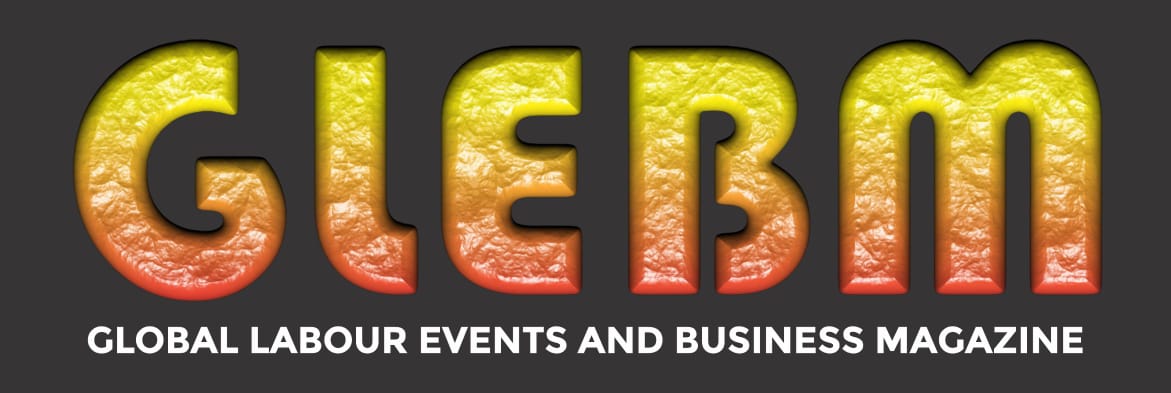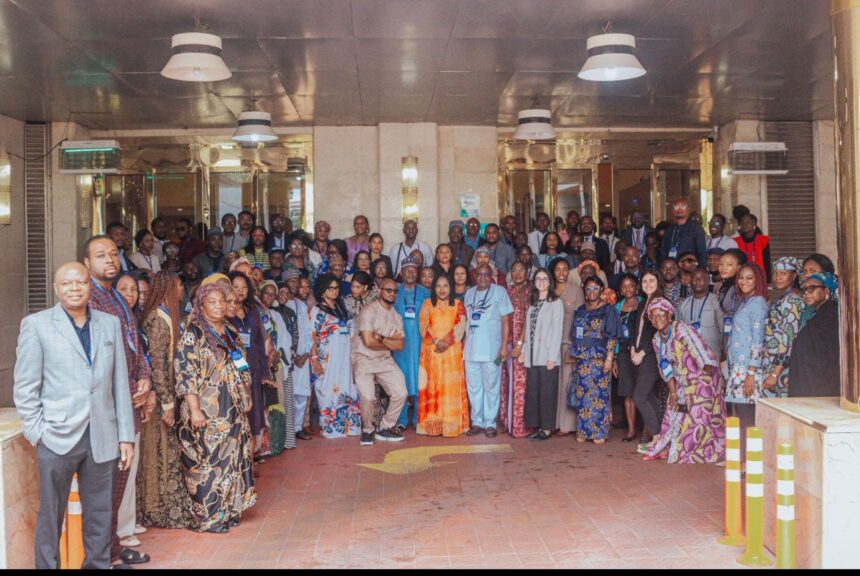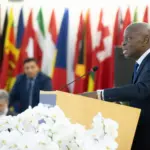By Winifred Sunday
A cross-section of labour leaders, government officials, employers’ organizations, and development partners gathered in Abuja this week for a two-day Multi-Stakeholder Dialogue on Decent Work and Sustainable Development, under the theme “Promoting Sustainable and Responsible Business Practices for the Realization of Decent Work in Nigeria.” The event was hosted by the Federal Ministry of Labour and Employment (FMLE) and the International Labour Organization (ILO), with support from the Government of France.
In her opening remarks, Ms. Olaolu Olaitan, Director of Inspectorate at the FMLE, welcomed participants and reiterated the government’s commitment to upholding labour rights. “We are determined to strengthen labour protection and promote social dialogue,” she said. “Progress cannot be made in isolation. We must work together—government, business, and labour, to create meaningful change.”
Speaking virtually, Mr. Jason Pegat-Toquet, Adviser at the International Organisation of Employers (IOE), highlighted the critical role employers must play in ensuring responsible business practices. “The ILO MNE Declaration provides a roadmap,” he said. “But without enabling policy environments and targeted support, especially for SMEs, we cannot fully realize its potential.” He called for collaborative efforts to equip enterprises with tools to uphold labor standards, respect human rights, and ensure fair working conditions.
Delivering remarks on behalf of Ms. Vanessa Phala, Country Director of ILO Nigeria, Ms. Chinyere Emeka-Anuna, emphasized the enduring relevance of the ILO Tripartite Declaration of Principles concerning Multinational Enterprises (MNE Declaration). “This Declaration is not just a document, it is a call to action,” Ms. Phala noted. “Though progress has been made, the informal economy and vulnerable groups continue to face significant decent work deficits.”
She encouraged all stakeholders to remain committed to translating policy into practice, especially in occupational safety and health, skills development, and fair wages. “Sustainable enterprises must put people at the heart of development,” she added.
A forceful voice for labour came from Mr. Akhator Joel Odigie, General Secretary of ITUC-Africa, who challenged stakeholders to confront economic models that fail African workers. “Decent work is not a luxury—it is a developmental and moral imperative,” he said. “We must shift from extractive economies to value-added, climate-resilient development that creates real jobs.”
Odigie was sharply critical of exploitative investment models, warning, “If business cannot be done responsibly, then it becomes a moral issue. Workers cannot continue to suffer because of unemployment. Social justice must come first.” He called for investment in local science, circular economy practices, and technology that aligns with labour rights and environmental sustainability.
Mr. Adewale Smatt-Oyerinde, Director General of the Nigeria Employers’ Consultative Association (NECA), echoed calls for practical implementation of the MNE Declaration. “We must go beyond theory,” he said. “Employers are committed to creating decent work, but we need consistent policies, better infrastructure, and functional social dialogue platforms.”
While acknowledging that many Nigerian businesses are already adopting responsible practices, Smatt-Oyerinde pointed out lingering barriers such as regulatory inconsistency and skill gaps. “It’s time to scale impact,” he added, reaffirming NECA’s readiness to partner with labor and government.
The voice of organized labor was further amplified by Comrade Joe Ajaero, President of the Nigeria Labour Congress (NLC), who was represented at the event. Ajaero’s message focused on core concerns such as living wages, job security, and the widening gap between labor conditions and corporate profits.
Comrade Nuhu Toro, PhD, Secretary General of the Trade Union Congress (TUC), made a strong case for reevaluating outsourcing and casualization practices. “These trends are eroding the foundation of decent work,” he said. “We need stronger mechanisms to protect wages, improve safety, and secure jobs.”
Comrade Uchenna Ekwe of the NLC added that multinational enterprises must be held accountable for exploitative labor practices. “The MNE Declaration is a tool, not just a symbol,” he said. “We must use it to demand fairness, justice, and dignity for every Nigerian worker.”
The event concluded with a unified call for deeper collaboration among all stakeholders. As Ms. Phala put it, “The road ahead requires commitment, innovation, and courage. Together, we can ensure that business practices in Nigeria are not only profitable, but also just and sustainable.”
The Dialogue marked a significant step toward aligning national policies with global labour standards, and a renewed push to ensure that decent work becomes a lived reality for all Nigerians.




